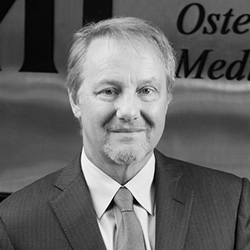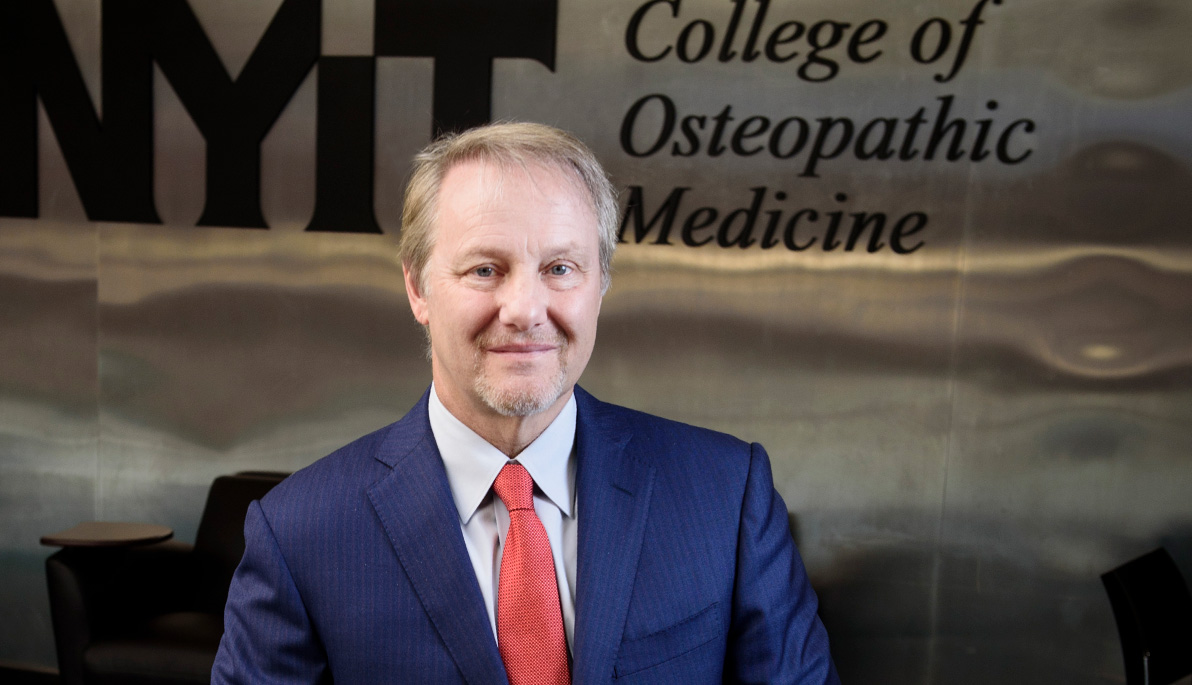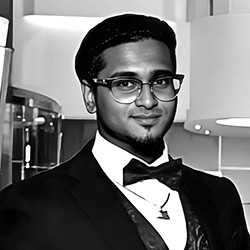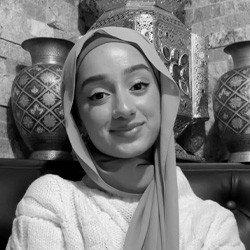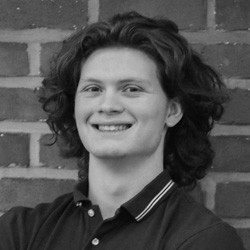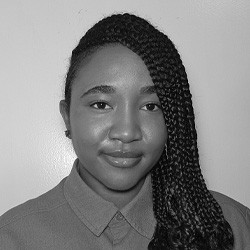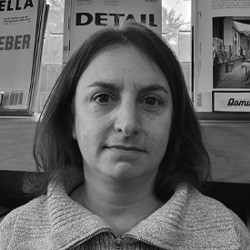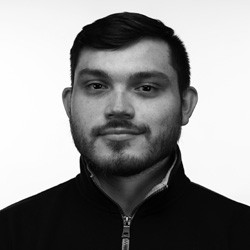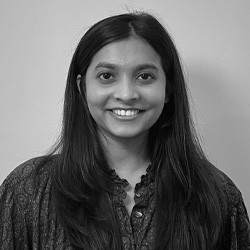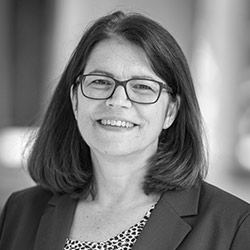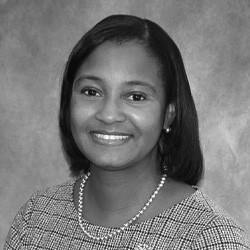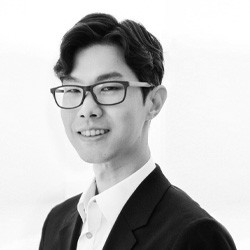As director of the Neurosciences Center at The Brooklyn Hospital Center, Anders Cohen (D.O. ’97) specializes in minimally invasive neurosurgical treatments and was the first New York City physician to perform the extreme lateral interbody fusion and Trans1 procedures to treat the lumbar spine.
Cohen is the child of two healthcare practitioners—his father was an orthopedic surgeon and his mother a nurse—Cohen discovered osteopathic medicine while researching graduate schools. “I was reading Barron’s Guide to Medical and Dental Schools, and there was a section on osteopathic medicine,” he says. “Its philosophy was described in holistic terms, like a human science.”
Since earning his New York Tech degree, he’s happy to see osteopathic medicine gain mainstream acceptance, particularly among his patients. “They love the rapport and that extra human touch. It gives them a positive experience.”
Before attending the College of Osteopathic Medicine (NYITCOM), Cohen was a professional tennis player, touring the United States, Asia, and Europe; he later served as a team physician at the U.S. Open. “It was a great experience for me, especially when dealing with patients from different cultures,” he recalls. “And I was able to shine in rotations because of my work ethic as well as adaptability. There’s a lot you learn on the court that’s not in a textbook. I knew how to be part of a team.” Still an active competitor on the Court Tennis Circuit, Cohen travels the world to watch tennis stars compete in Grand Slam events.
In August 1993, Cohen was walking to NYITCOM orientation when he met Richard Jadick (D.O. ’97) in the Riland parking lot. “We were the last two people to show up,” Cohen recalls. “But we clicked from the beginning because we shared lots of life experience before becoming medical students.” As a Naval surgeon, Jadick would earn the Bronze Star for heroic valor in 2006, saving 30 soldiers during the Second Battle of Fallujah.
“It was apparent to us that we had a different mindset from the students,” Cohen says of his friendship with Jadick. “But we created a network of friends.” That network included Melissa Hemlock, who is now Jadick’s wife. Cohen is godfather to their first child. The pair ended up representing their classmates as officers in the NYITCOM Student Government Association, Jadick as class president and Cohen as NYITCOM student body president and chairman of the National Council of Student Presidents.
Cohen says the impact of technology on healthcare is like a highway. “It creates more traffic, and I get inundated with information, but technology also creates more access, making it easier to treat patients remotely,” he says. With smartphones, Cohen can give consultations while roadside or traveling abroad. “A picture and a story can sometimes give me all I need to render opinions or recommend treatment,” he adds. Other tools he uses include video apps like FaceTime or interactive hospital workstations that allow him to communicate with patients from afar.
Technology, however, is not without its curious ironies. “From Tasmania on a tennis court, I once consulted with a patient in Russia,” Cohen says. “But for some reason, I still have a hard time getting a cell signal in my own hospital,” he says.
